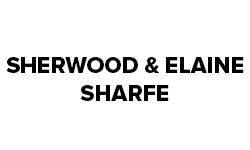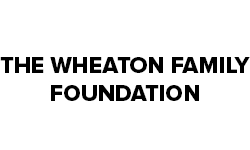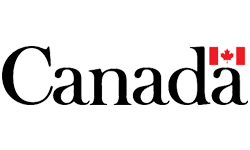CITIZENSHIP STUDIES 30-LEVEL: ENGAGED CITIZENS
Part A
Broad Area of Citizenship: Social Studies/History/Native Studies
Engaged Citizens question, critically examine, advocate, and defend rights and responsibilities of democracy at local, national, and global levels. They strive to understand the impact of ideology on issues and actions connected with diversity, rights and responsibilities, and various levels of governance.
High school students analyze and explore the concept of Ideology:
- by investigating a range of Ideologies and their application and impact on citizenship at the national level (10);
- by evaluating the impacts of ideology, historically and contemporary, at international levels (20);
- by examining and analyzing, and de-constructing the concept of ideology as a tool for understanding how it impacts Canadian (30):
- beliefs and actions, nationally and globally; and,
- participation as a citizen from a national and global perspective.
Overview and Desired Results of Citizenship Study
This year is focused on addressing and resolving issues. Students examine Canadian history to understand the influences on our contemporary rights, responsibilities, and views of citizenship. Students examine issues facing Canadians and the global community regarding citizenship, specifically the foundational beliefs of Canadians. Students also consider the role of cooperation in a competitive society. Throughout all these inquiries, students are asked to consider multiple perspectives especially those of Indigenous populations.
30
- Social Studies students will consider how Canadians address and resolve issues regarding rights and responsibilities as citizens in contemporary Canada.
- History students will consider how events in Canadian history influenced our perspectives on rights and responsibilities of citizenship.
- Native Studies students will consider the need for and approaches to resolution of contemporary issues for both Indigenous and non-Indigenous populations.
Enduring Understandings of Citizenship Study
Students will use this information to understand that:
- Injustices of today have roots in the past.
- Canadian society is challenged to manage the co-existence of diverse worldviews.
- Canadian citizens work to achieve a balance between rights and responsibilities through learning and action.
- Canadian society has inequities and elimination of these is beneficial for all Canadians.
- For each individual, becoming aware of racism in Canadian society is an evolutionary process and a precursor to change.
- As citizens of local, national, and global communities, Canadians are conscious, self-reflective, and critical of their own beliefs and actions and seek to make positive change.
- Citizens show flexibility of mind.
- Enduring understandings and questions stimulate thinking, guide the inquiry and are linked to outcomes.
- These questions point to the “big ideas’ in the area of inquiry and should be considered and reconsidered as the inquiry progresses.
- Answers to these understandings form the evidence of learning at the end of study.
Knowledge and Skill Development
Students will know:
- The definition of ideology and its role in society.
- Characteristics and assumptions of ideologies along the ideological spectrum.
- Historical and contemporary ideological issues.
- The role of worldview in ideologies.
- The rights and responsibilities of Canadian and Global citizens.
Essential Questions
- What are the benefits and limitations of ideology in guiding beliefs and behavior?
- How does ideology influence our view of social justice?
- How does a society structure itself to find a balance between the rights of opposing constructs, i.e. minorities and majorities; regions and the nation; individual rights and collective rights; and, what factors influence the finding of this balance?
- Has Canadian society been organized to reflect our national values and beliefs?
Essential Questions are open-ended questions that are continually revisited, encompass concepts that students will explore throughout the unit of study, form the evidence of understanding and frame the assessment at the end of the study.
Saskatchewan Curriculum Concepts
This section connects teachers and students to the concepts explored through Social Sciences Studies: Social Studies, History, and Native Studies. General outcomes/objectives are identified. It is the opinion of the development committee that the outcomes incorporate the three perspectives of Social Sciences through exploration of historical and contemporary issues, which in Canada’s case must include Indigenous perspectives. Teachers may choose, however, to explore these outcomes/citizenship considerations specifically through the lens of their respective social science area.
The order in which concepts are listed suggests a general idea of the learning plan to follow.
Students will:
- Examine approaches to resolution of Canadian issues;
- Explore the relationship between the conceptual frameworks that exist within Canadian society; the impacts of competition among interest groups for influence over society’s decision-making processes; and the reality that groups will vary in terms of their ability and strategies to influence those processes;
- Explore the challenges that Canadian society and its institutions face within an increasingly diverse society and that the unity and well-being of the nation will be influenced by the extent to which significant populations feel that their interests and well-being are being enhanced and secured within the existing political structure;
- Examine the essential elements of Canadian worldview and consider factors that encourage and inhibit engaged citizenship; and,
- Examine the social changes that are occurring in their lives, including the impact of media and technology and understand that social change has been a constant in the history of Canada.
Students will develop and apply the principles of dialectical thinking, dialectical examination and moral testing through exploration of local, regional, national, and global interdependence matters.
© 2023 Concentus Citizenship Education Foundation Inc. All Rights Reserved.









